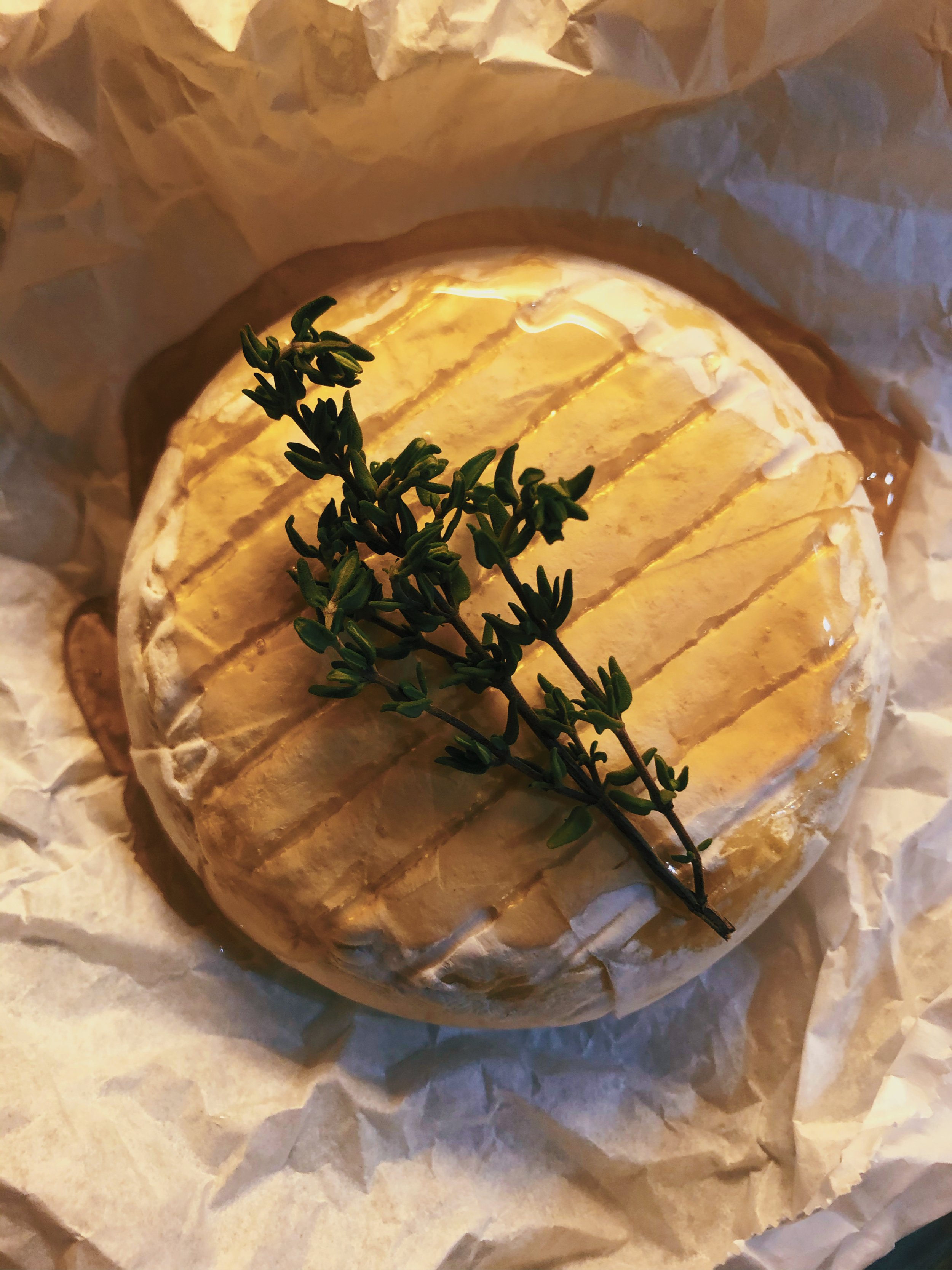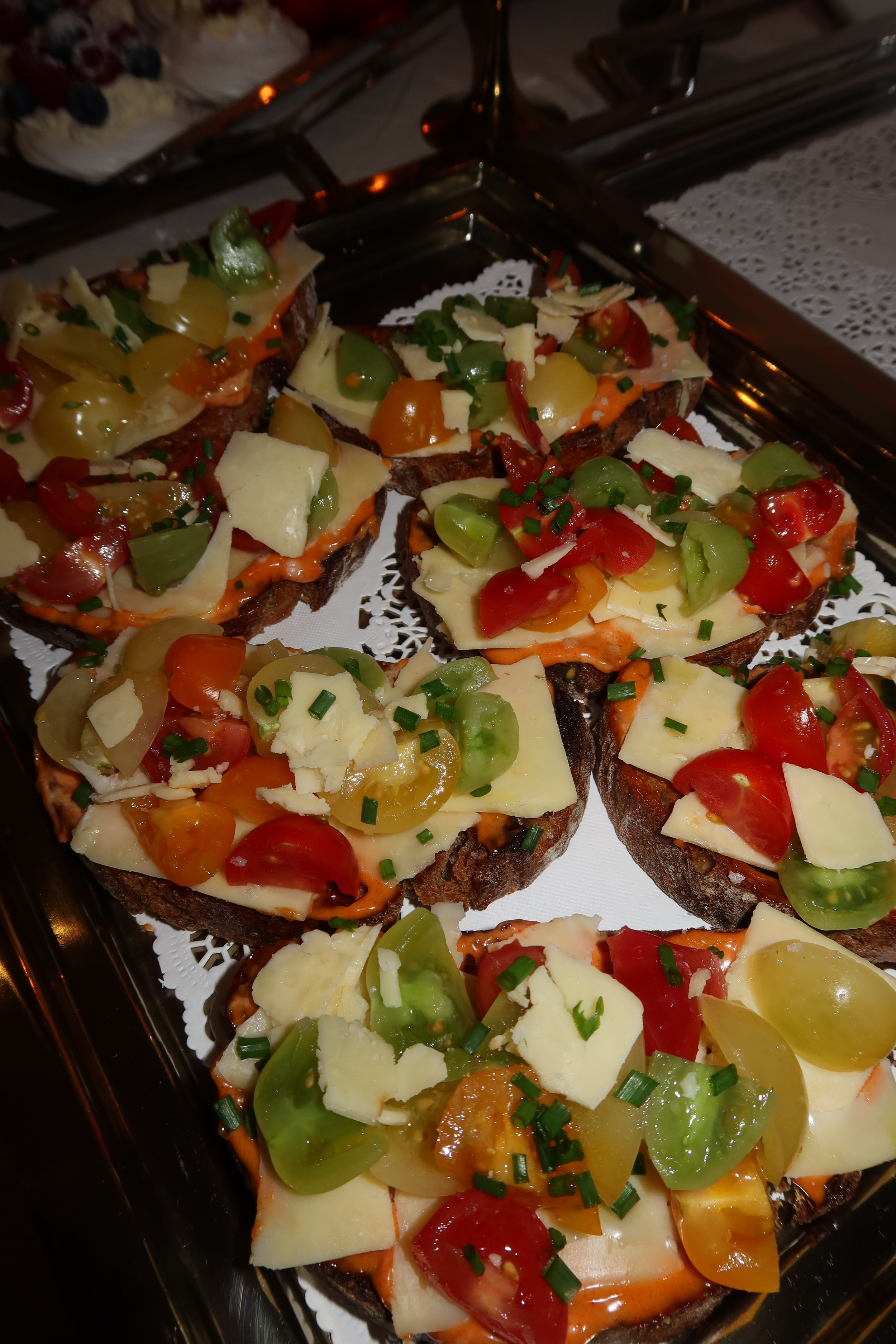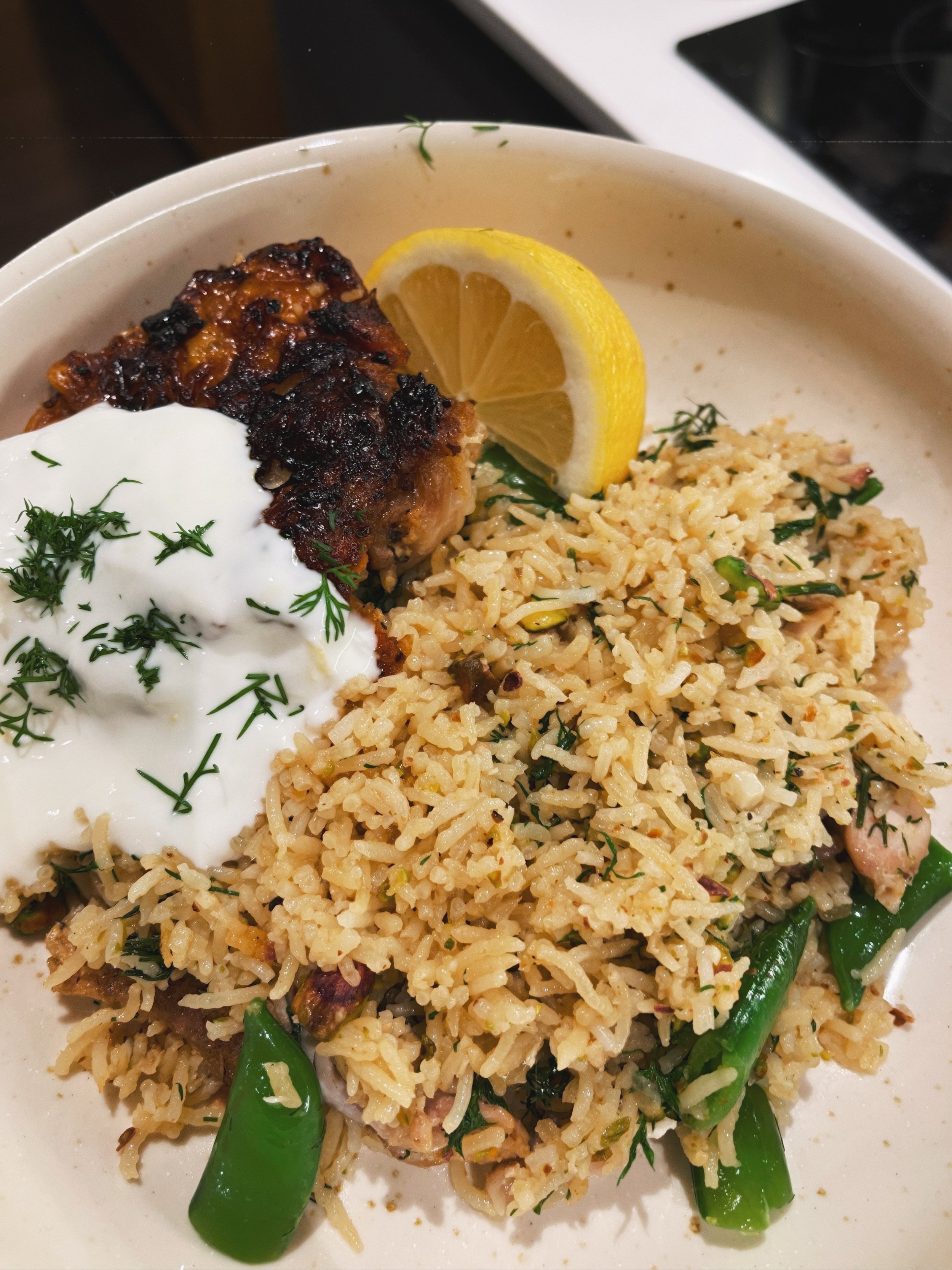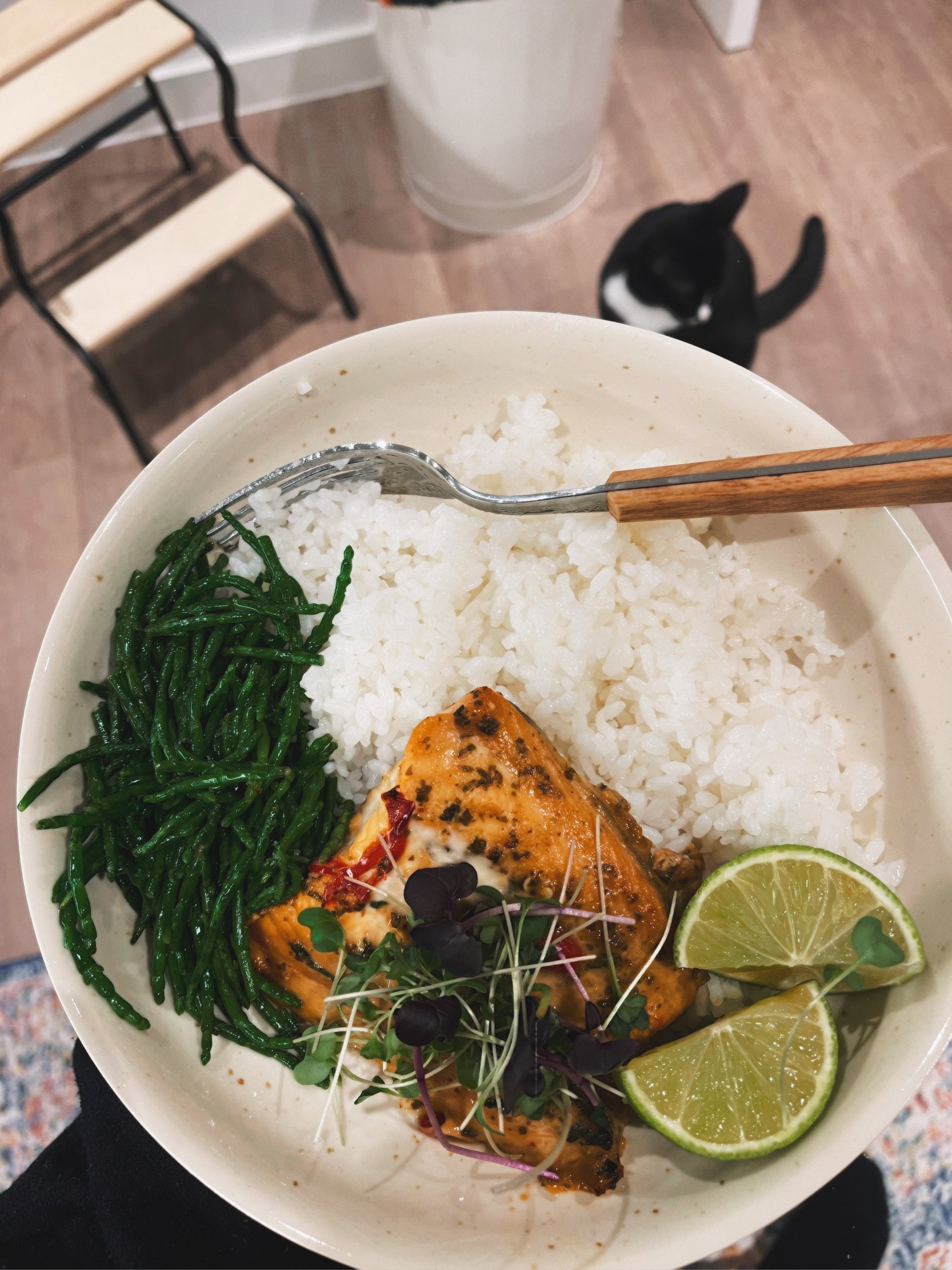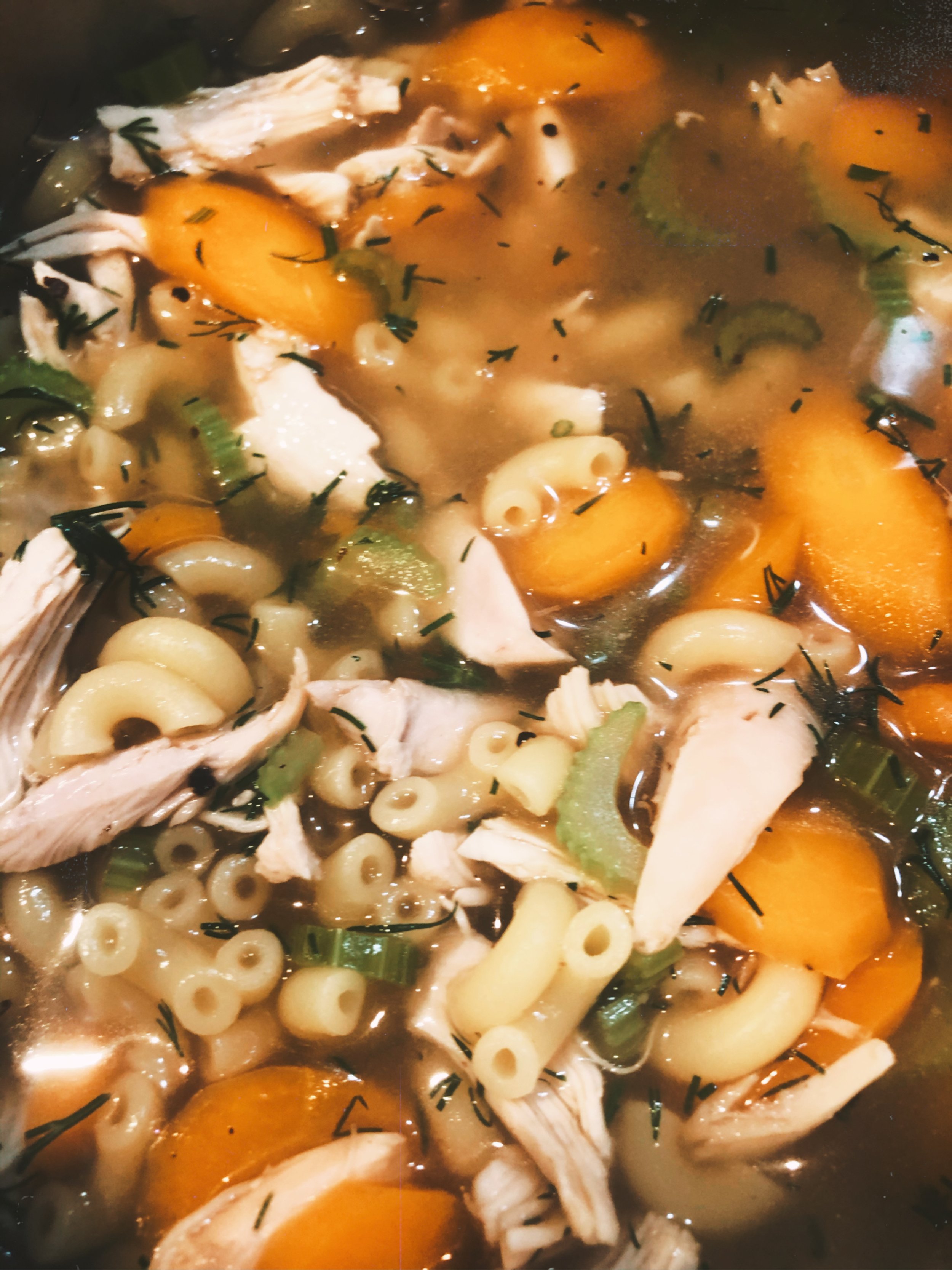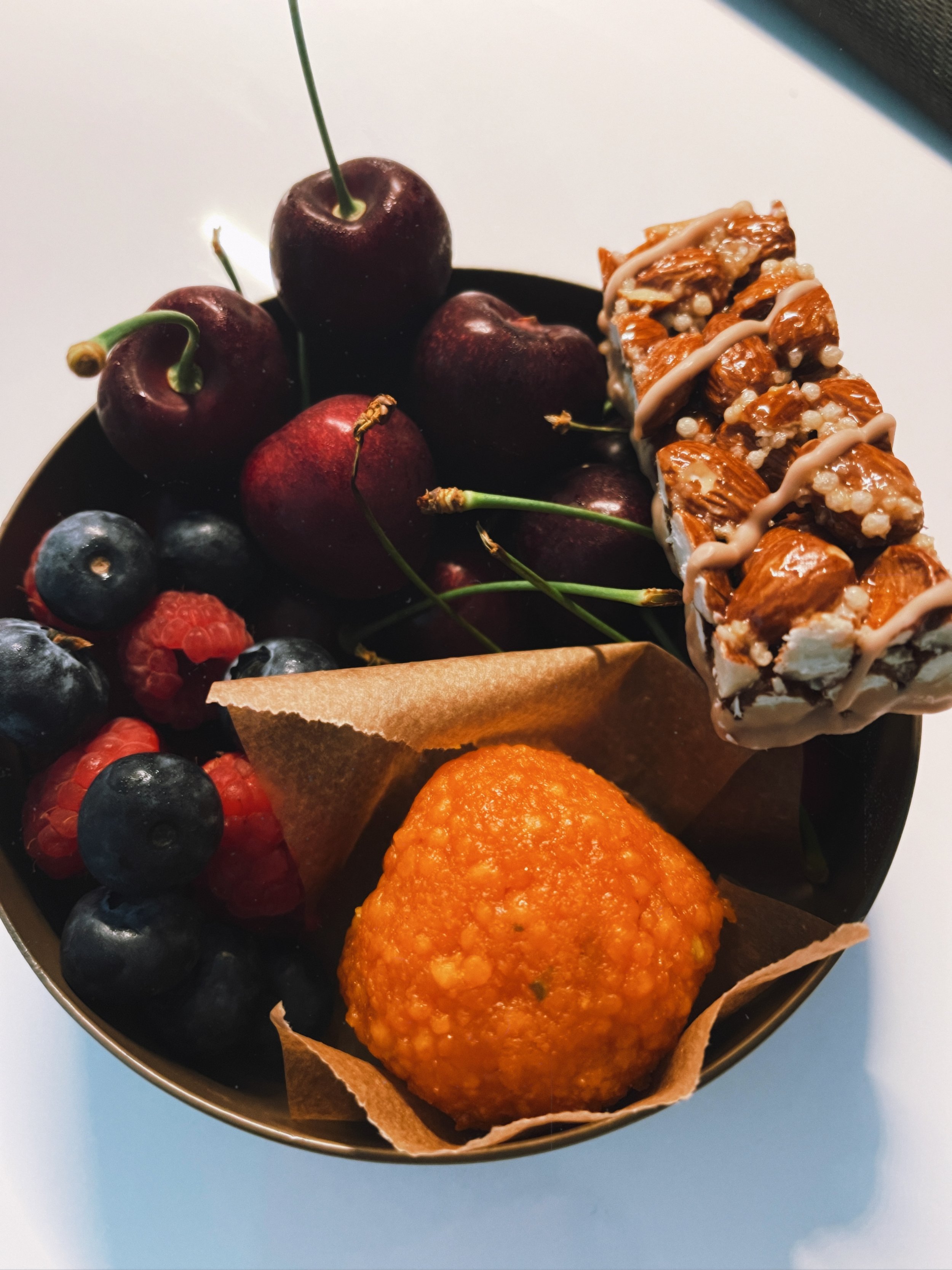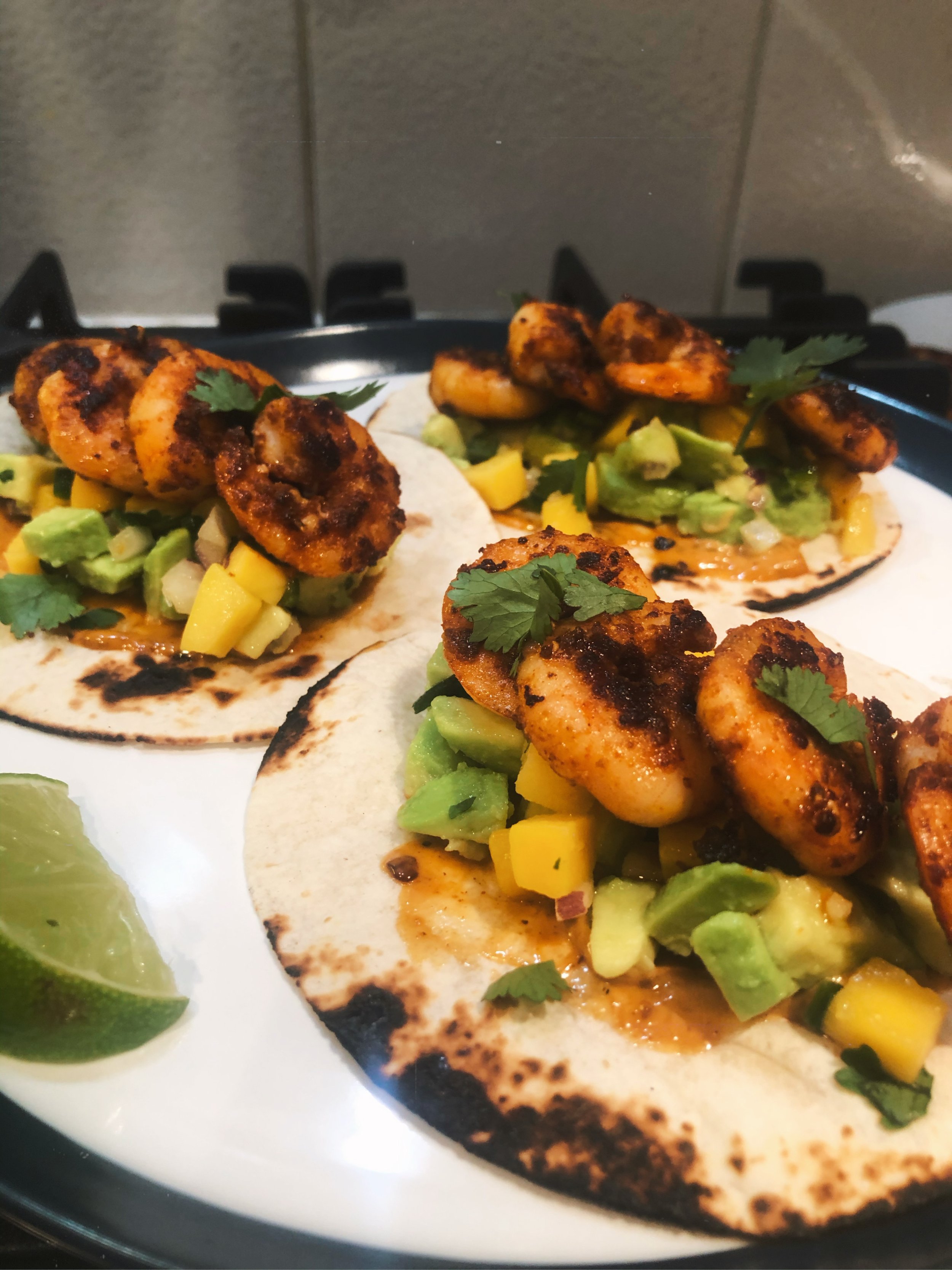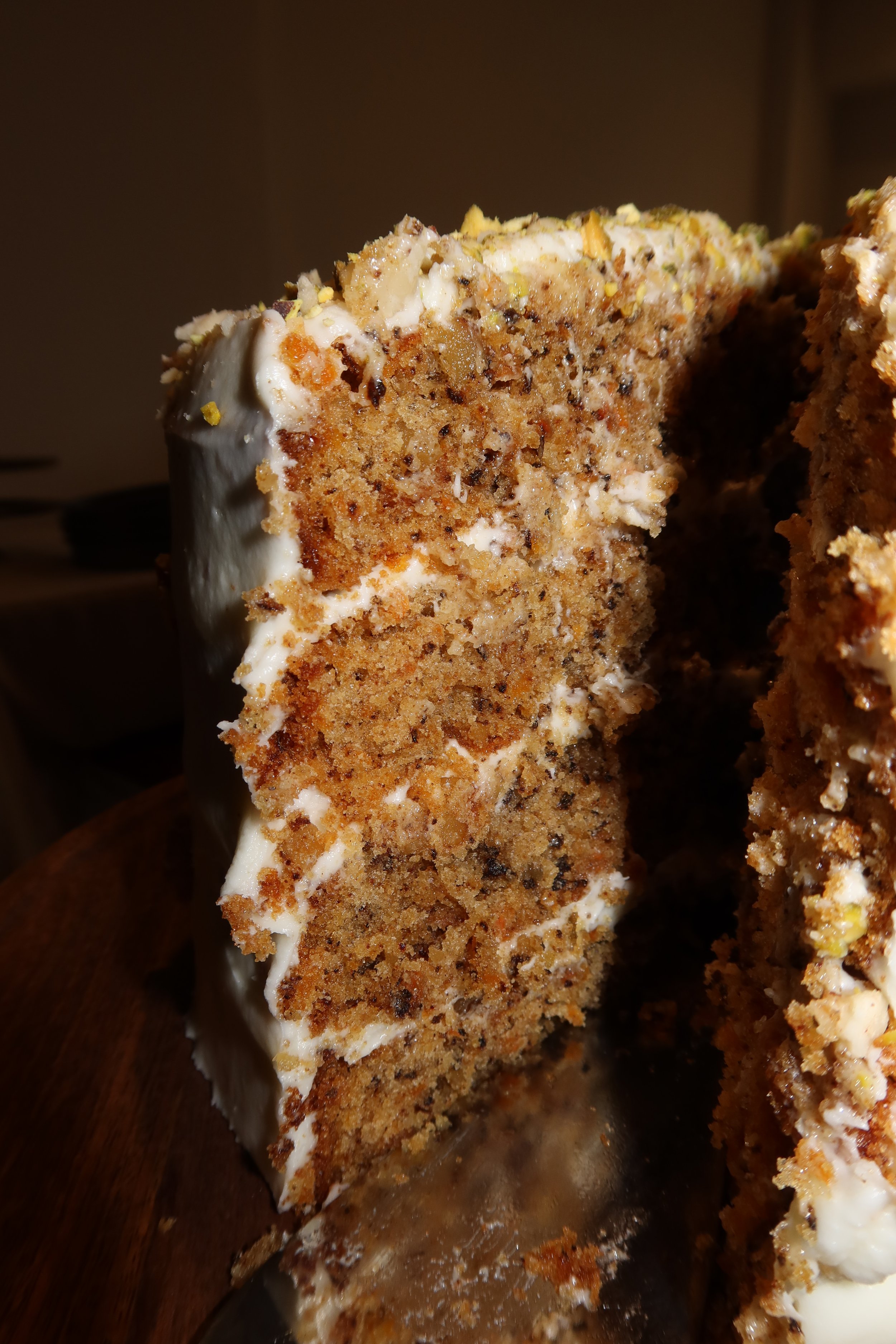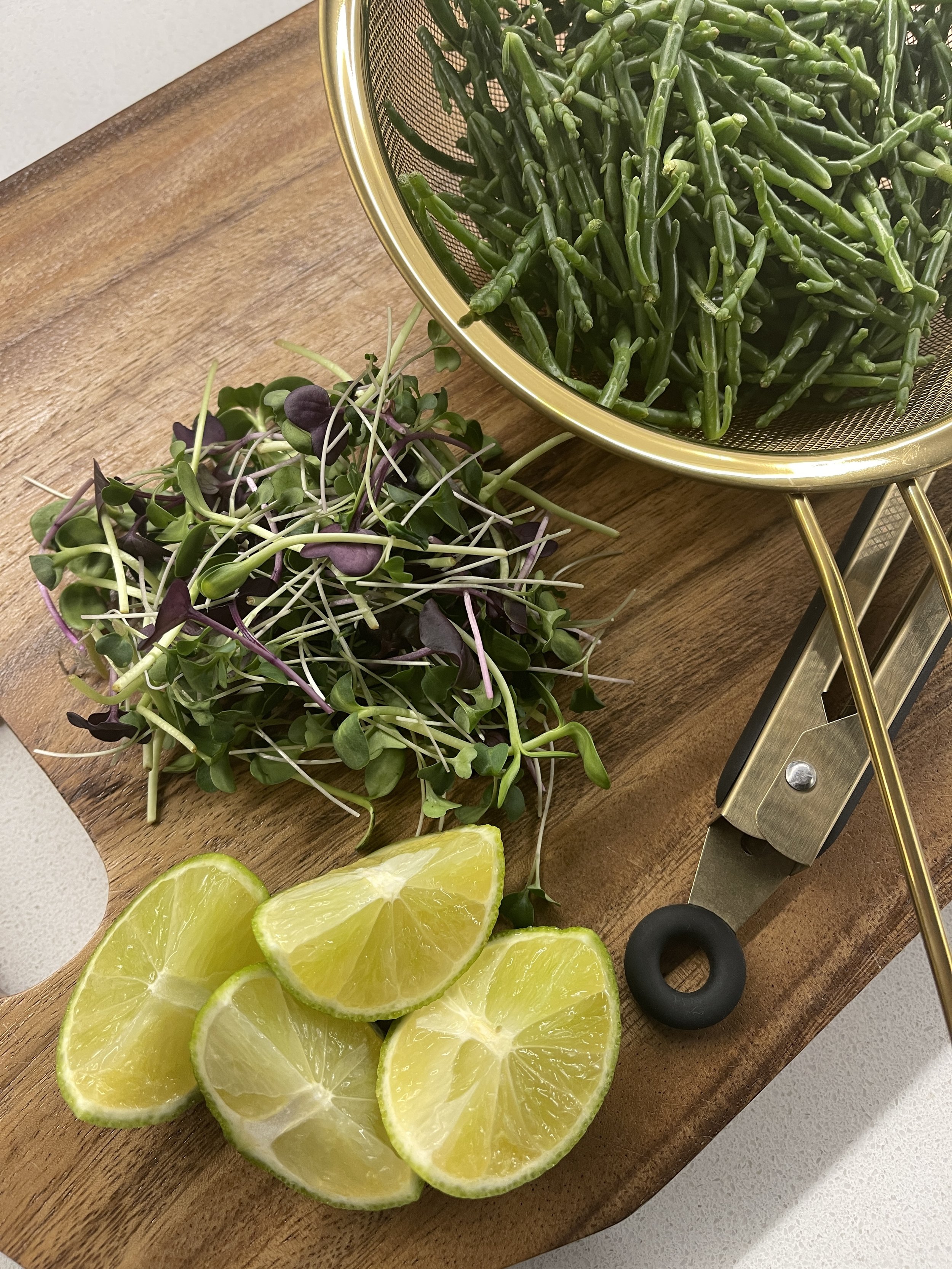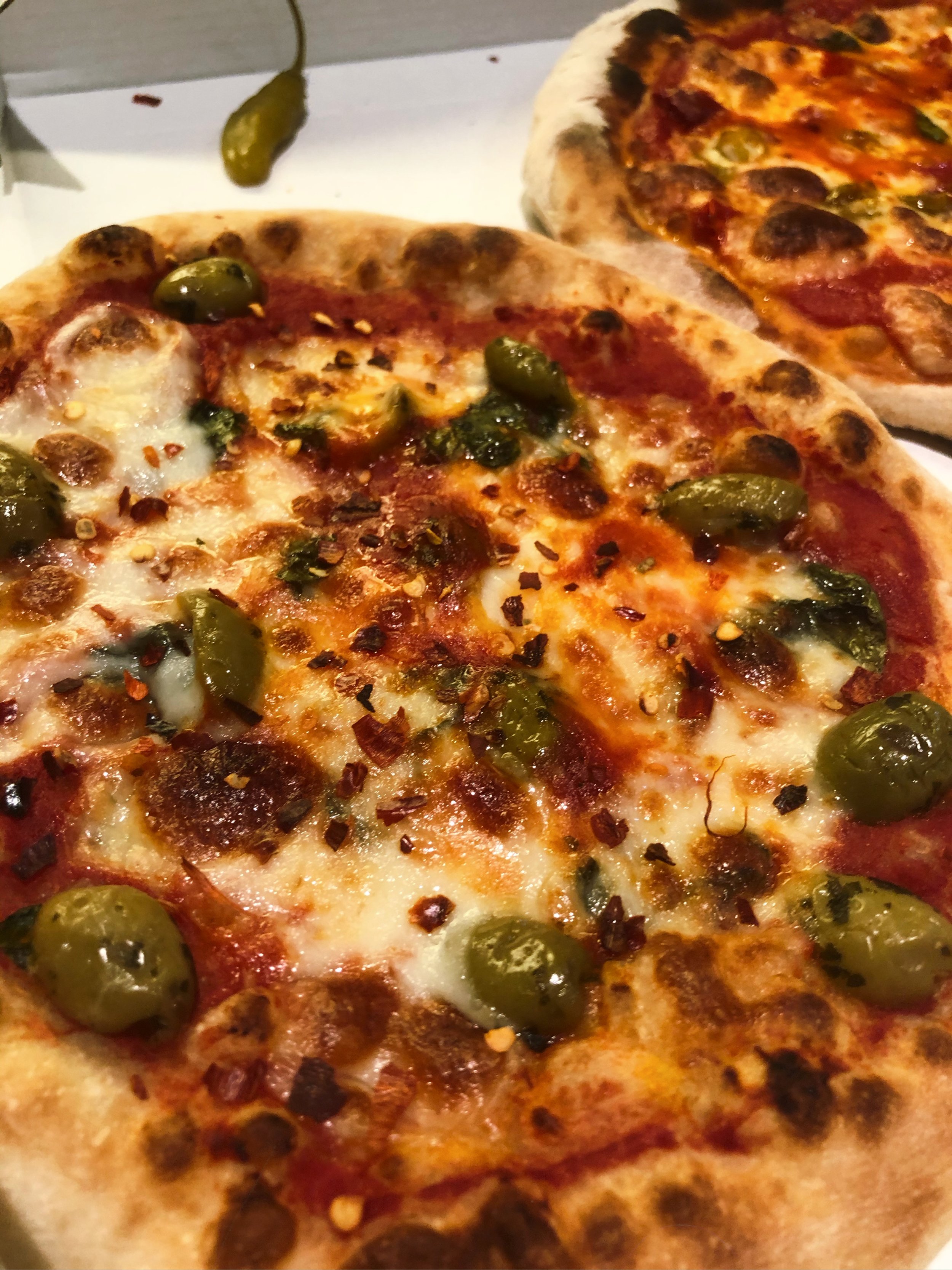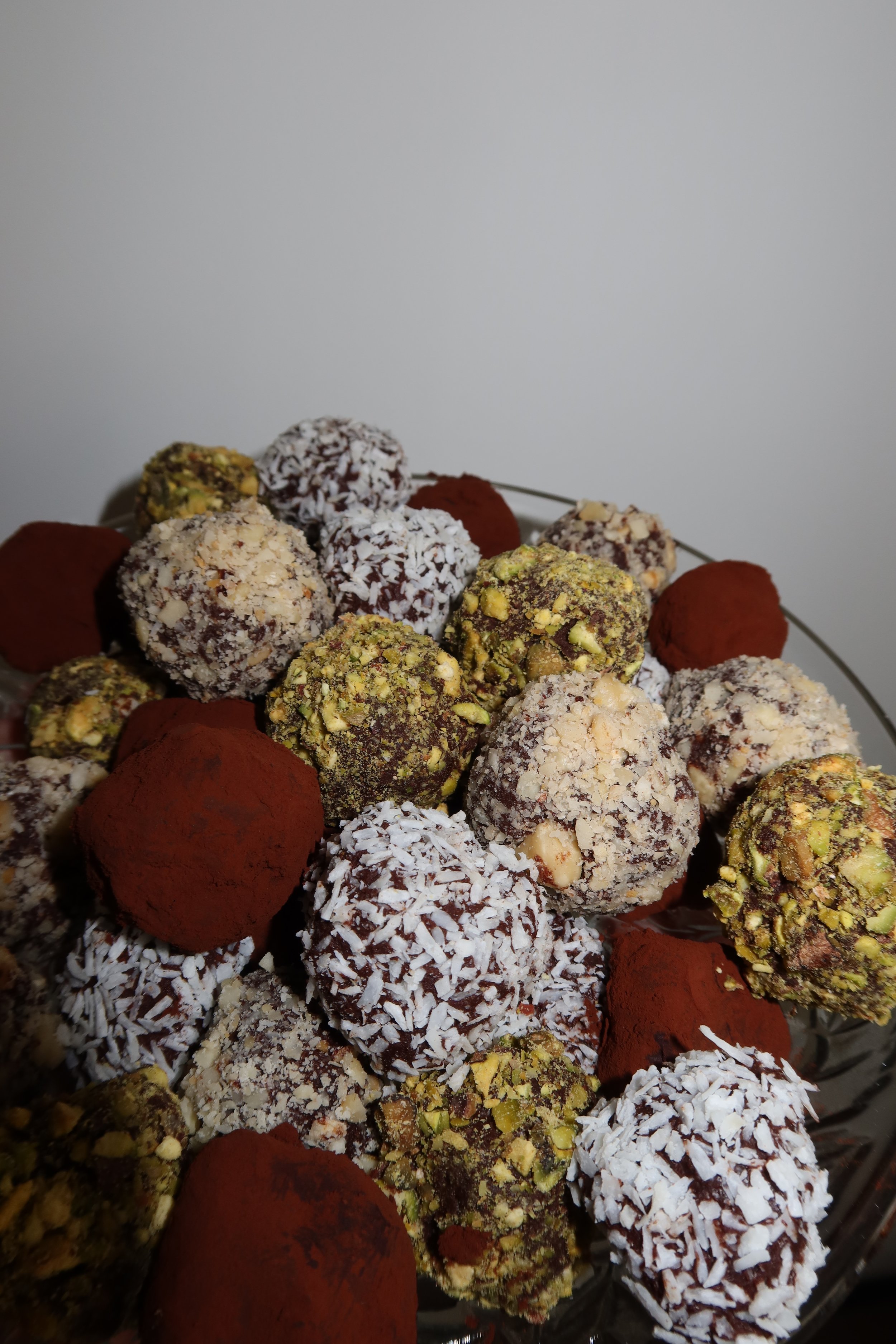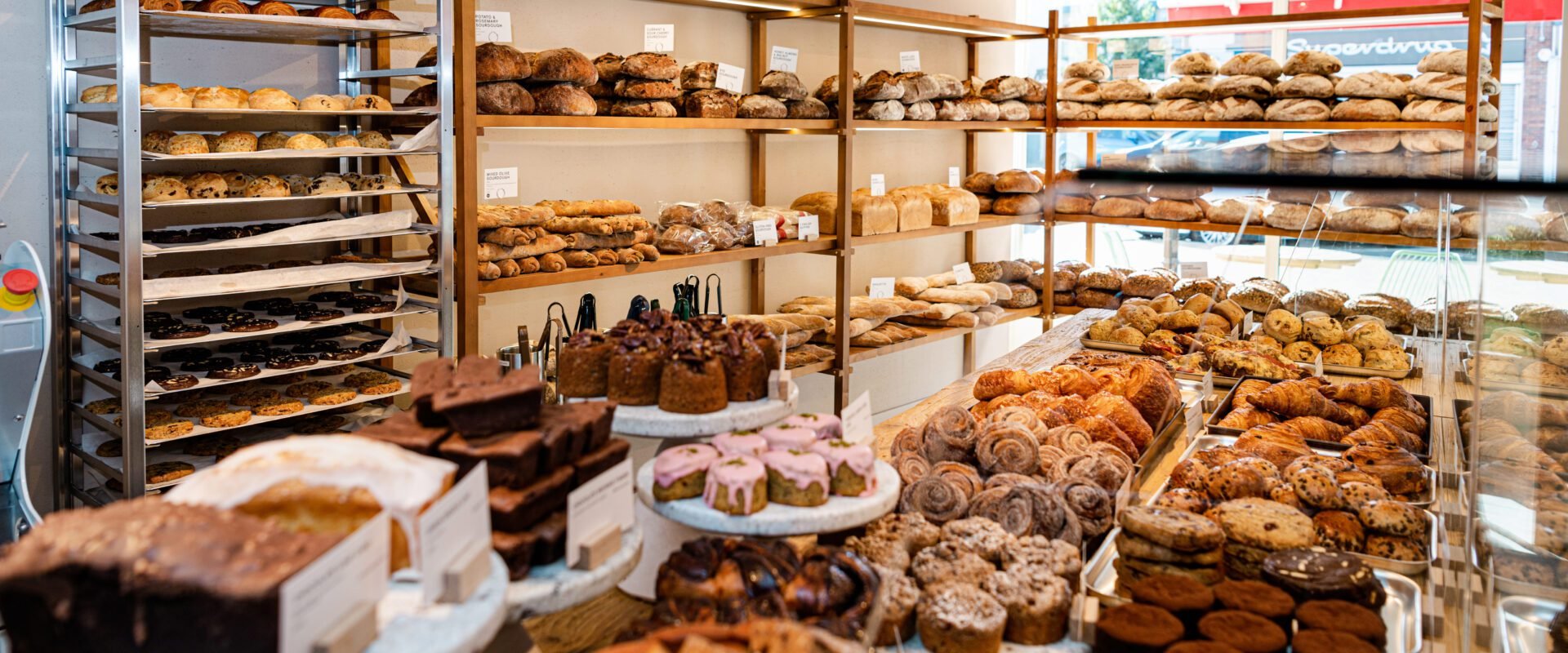An Introduction to Food on lailaqadira.co.uk
Food – a love affair that lasts a lifetime… for some. Over the years, I’ve seldom shied away from speaking openly about my complicated relationship with food. I’ve eaten heartily, I’ve counted calories, I’ve weighed my portions, I’ve crash dieted, binge eaten, not eaten, eaten intuitively, and eaten reluctantly. The personal evaluation that one does when they’re fast approaching their 30s, led me to conclude that I want to fall back in love with food, worry less about it, enjoy it more and create an achievable balance. I have the desire for mealtimes to be quick and easy during the weekdays, to become a sensory ritual over the weekends and I desperately want to make more time for baking. I yearn to make food in our household that represents our cultural backgrounds and the food we grew up eating.
First order of business is to come up with a plan of how I want this all to go down and that starts with a household fridge, freezer, and pantry stock list. A week and a half ago, I did the most ideal shop for my two-person household, and it is still sustaining us as I write this. During the week, we only had to purchase some of our frequently used essentials (milk, bread etc.), but other than that we have had everything we needed to put together fast, balanced meals without constantly heading to the supermarket. The ultimate list of items ranged from a variety of vegetables and salad leaves to meat and poultry, dairy, dry goods, and tins that we regularly reach for. I feel like making the ultimate stock list for us has enabled me to free up some brain power and decision making to use elsewhere.
Currently, weekday meals range from smoothies, juices, toast and eggs in the morning, snacks consisting of protein bars and fruit and nut bowls, lunches made up of soups, fish, vegetables and salads, and evening meals containing some form of protein, vegetables, and the occasional potato or two. The odd pasta dish will make an appearance if we’re craving something comforting. A simple affair, a blank canvas but one that certainly allows for as much creativity as we have the energy to impart. One day, I could be heating up a store-bought soup, dipping hunks of olive bread into it and watching Gilmore Girls as I let the warmth of hot soup and hearty bread wash over me. The next day, there will be fresh herbs and lemons making their way into a whole chicken, 3 stainless steel prep bowls with side dishes and a mocktail in hand while we dance around the kitchen to our favourite songs.
This flow and freedom that I have tried to create for myself in the kitchen has been instrumental in making mealtimes enjoyable for me. I want to do as much or as little as I want to at any given moment to account for all my moods, the different stages of my cycle, the busy days, and the not-so-busy days. Doing all this in collaboration with my husband has also meant that at any given moment he can also make us a meal or a snack from the contents of our fridge and pantry as I considered what we both like to eat and ingredients we both want access to daily.
So, what about the sensory ritual I want to engage in? Well, I’ve reconciled with the fact that I currently have little passion to innovate and create my own recipes beyond the regular daily spontaneity that occurs in the confines of my kitchen. What I really feel like doing is a ‘Julie & Julia’; I want to cook my way through a cookbook. Perhaps several cookbooks. I’d like to write about it because what is more romantic than labouring over a recipe in the kitchen for hours on end and then writing about the trials and tribulations and potential victory or failure at the end of it all. I’m clearly not the first to do this and I won’t be the last, but I don’t mind being one of the many who have indulged in an in-depth exploration of the glossy pages of their latest cookbook.
I’ve collected several cookbooks over the years, and I decided that for me to cook my way through them, I wanted to choose one that focused on food overall, and one that was specifically for desserts and baking. I will use the weekends to bring two recipes to life (one from each book) and share the results here with a little piece of writing acknowledging the joy or misery I felt. It seems like the right thing to do.
The book I have settled on for my general cooking category this time round is Carla Lalli Music’s ‘That Sounds So Good’. I have cooked very little from this book and yet each time I see her making a recipe from this book on her YouTube channel, I am enthralled by the result, and I wonder why I haven’t yet attempted a single recipe. The second book that I have chosen for my bakery portion is ‘Gail’s Artisan Bakery Cookbook’ which I could not be more intrigued by. It piqued my interest (as it did so many) when I was frequently visiting my local Gail’s for a sweet treat or brunch with my husband. One sunny day while we sat and enjoyed a quiche and some gossip, he made an excuse to go and grab more napkins only to come back with a fresh copy of the book as a surprise for me. It was super sweet, and I have yet to treat him to some baked goods from its pages so its about time.
The last ritual that I want to engage in around food is learning to cook the food that I grew up with. Punjabi food, the Urdu and Punjabi languages, South Asian clothing, and Indian cinema were the foundation of my identity as a young British Pakistani woman, and I find it impossible to detach myself from that. I still speak the languages fluently, I eat the food every single time I can, I wear my South Asian clothes with pride, and I still adore Indian cinema. The food that I grew up eating really does form one core part of my identity and yet, I can’t really cook Punjabi food! It’s a travesty. I just never learnt how to because I was too busy eating it to learn how to cook it. If you have a mother that cooks as good as mine does, I know you understand. Oh, and let’s not mention the ‘andaaze se’ (eyeball it) cooking lessons that really did not go well with the way my brain works when learning something new.
The personal evaluation I mentioned earlier, made me think deeply about the food I wanted our children to nourish themselves with and that food will be one of the most accessible, impactful and delicious ways that they will learn about their heritage. As you can imagine, when I really thought about it, Western cuisine was quite far down the list of cuisines I want our children to grow up eating often. I want our children to grow up with Punjabi, Lebanese and Ghanaian cuisines as a priority and I’m sure they’ll experience a little bit of everything else over the years through exposure that we can provide or through their own foodie explorations. But none of this can happen unless I continue to work towards building a healthy relationship with food (so that they have a great example to look at) and learn to cook the cuisines that I want us to experience as a family. I will endeavour cook something new every week from either mine or my husband’s cultural backgrounds so that this goal ends up becoming a reality.
It would be wrong of me to write such a privileged piece about cooking my way through a cookbook and having the freedom to learn new cuisines if I didn’t acknowledge the fact that we are currently in a cost-of-living crisis and that many families and individuals in the UK and across the globe don’t have the luxury of deep diving into a cookbook and they’re very much eating to survive. I want to commit to not making the articles in this part of the site solely romanticised pieces about a wonderful experience I had cooking a recipe but also to take time to write articles that solely focus on the food poverty that people are facing, the initiatives that may be out there or the lack thereof and to highlight any resources, services and cookbooks that could help people cook on a budget.
Another thing I don’t want to overlook is climate change and the impact on farming and the food industry. In recent years, I have become more aware of the impact of the climate on our crops and that the shortages we have faced in recent times have only served us with a slight inconvenience and a small taste of what is to come. Without extending myself towards greed or gluttony, I do want to make the most of this time to make and eat the food that I have wanted to and to experience the creativity of the weekday dinner, the slow Sunday lunch, and the connecting and grounding feeling of foods from the homeland. I think some of this stems from knowing that we aren’t far off in the timeline of human civilisation for us to fight over crops, meat, water, and farmland. Some of this will be based in financial greed and others of it based in scarcity. In many parts of the world, this is already happening, but it will inevitably become more widespread and common and impact our supermarket shelves just like we experienced earlier this year. We’ll adapt what we cook and eat, shop differently and at some point, we won’t have the abundant, indulgent and on demand lifestyle that so many of us have become accustomed to.
I think it’s safe to say that food is complicated for us all whether we want it to be or not, so I will take the time in this phase of my life to experience certain things and enjoy myself because who knows how long society will have it this good.

